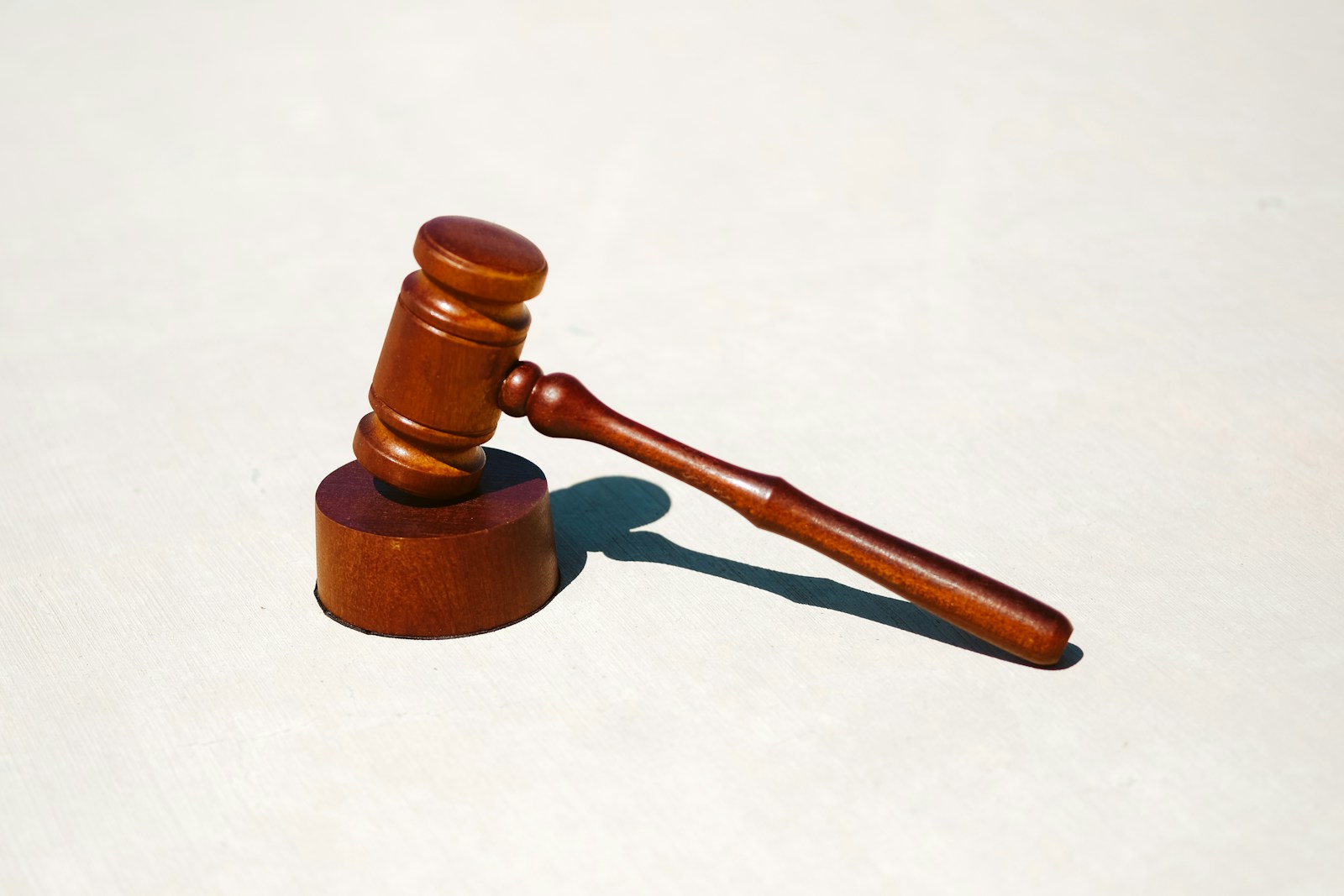Court records are the official documentation of judicial proceedings, including filings, motions, evidence, verdicts, and judgments. They serve as a critical component of the legal system, preserving the transparency, integrity, and functionality of justice. Often overlooked by the public, these records play a crucial role not only in the administration of justice but also in preserving individual rights, supporting legal research, and ensuring governmental accountability. Los Angeles court case search by name is a great tool if you need LA court records.
1. Promoting Transparency and Accountability
One of the most fundamental roles of court records is to promote transparency in the judicial process. In democratic societies, the rule of law is built on the idea that justice must not only be done but must also be seen to be done. By maintaining public access to court records, the judiciary demonstrates that its processes are open and subject to public scrutiny. This openness builds trust in the legal system, reassuring the public that court decisions are made fairly and based on evidence and legal reasoning, rather than bias or corruption.
Moreover, public records allow journalists, watchdog organizations, and citizens to monitor the behavior of courts and legal authorities. If a judge consistently rules in a biased manner or if a court’s procedures violate due process, court records provide the documentation needed to challenge or investigate such misconduct.
2. Protecting Legal Rights
Court records play a vital role in protecting the legal rights of individuals. They serve as permanent documentation of legal proceedings, ensuring that past decisions can be reviewed, appealed, or cited as precedent. If a person believes they were wrongfully convicted or treated unfairly, their legal team can examine the court records to identify any procedural errors or constitutional violations that occurred during their trial.
Additionally, for civil cases such as divorce, custody battles, or property disputes, the court record becomes the official account of the outcome and the terms agreed upon or ordered by the court. These documents are crucial in enforcing legal obligations or revisiting the terms if circumstances change.
3. Supporting the Doctrine of Precedent
In common law systems, past judicial decisions form the foundation for future legal rulings. This doctrine of precedent—also known as stare decisis—requires that courts follow the rulings of higher courts when the facts and issues are similar. Court records, particularly written opinions and judgments, are essential to this process. They allow lawyers and judges to research past cases, understand how legal principles were applied, and argue for consistent interpretation of the law.
Without accurate and accessible court records, the continuity and predictability of legal interpretation would be lost. Legal professionals rely heavily on prior decisions to guide their strategy, draft legal documents, and predict outcomes. In academic and professional contexts, these records serve as a critical tool for legal education and the development of jurisprudence.
4. Aiding in Historical and Sociological Research
Court records are more than just legal documents—they are rich historical and sociological artifacts. They capture the evolution of laws, the attitudes of society at different times, and the struggles of individuals against injustice. For historians and researchers, court documents provide first-hand evidence of how legal systems responded to major issues like civil rights, gender equality, immigration, and economic disputes.
For instance, landmark cases such as Brown v. Board of Education, Roe v. Wade, and Miranda v. Arizona are preserved in court records that continue to inform discussions on education, privacy, and police procedure. These records not only shape future legal interpretations but also educate the public and influence policy decisions.
5. Assisting Law Enforcement and Public Safety
Court records also contribute to law enforcement and public safety. For example, criminal records provide vital information about past offenses, convictions, and sentencing. Law enforcement agencies use this data to assess risks, track repeat offenders, and make informed decisions about parole or probation.
Additionally, background checks—used by employers, landlords, and licensing agencies—often rely on court records. These checks can prevent individuals with a history of serious criminal activity from gaining access to sensitive environments, thereby protecting vulnerable populations.
6. Ensuring Consistency and Fairness in Sentencing
Another important function of court records is to help ensure consistency in sentencing. When judges have access to a comprehensive database of prior sentences for similar crimes, they can avoid arbitrary or overly lenient/harsh decisions. Consistency in sentencing is vital to upholding the public’s confidence in the criminal justice system and ensuring that similar crimes receive similar punishments.
7. Enabling Civil Order and Recordkeeping
Beyond criminal and constitutional matters, court records serve as an official record for a wide range of civil and administrative decisions. Whether it’s finalizing an adoption, issuing a restraining order, settling an estate, or confirming a name change, the court record serves as the legal evidence that such actions took place. Individuals and institutions alike rely on these records for everything from securing loans and transferring property to applying for government benefits.
Conclusion
In summary, court records are a cornerstone of a well-functioning legal system. They ensure transparency, protect individual rights, uphold the rule of law through precedent, and contribute to public safety and historical understanding. By documenting judicial proceedings, court records preserve the integrity and consistency of justice. As we continue to modernize and digitize our legal systems, the accessibility and protection of court records should remain a top priority for courts, governments, and citizens alike. Their value reaches far beyond the courtroom—impacting society, governance, and the individual lives of people around the world.
